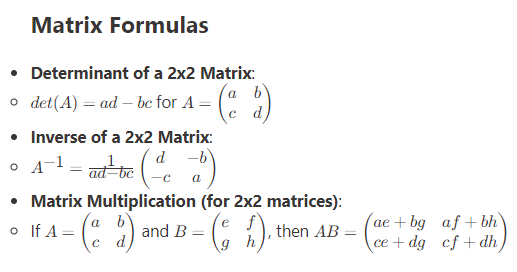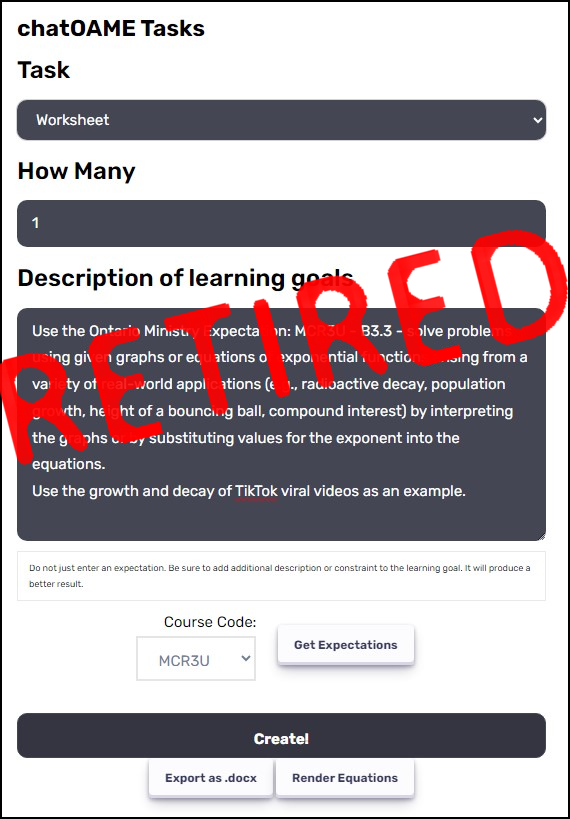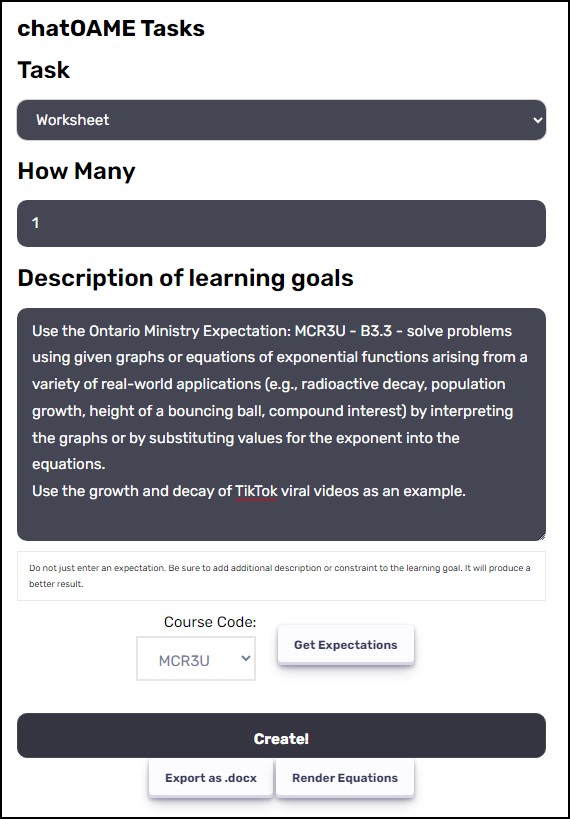On Sunday I was coming back from the gym and listening to CBC Radio’s Sunday Magazine. They had Ed Yong, a science journalist on who spoke of umwelt – the environment that an animal can sense. Now, we know that dogs hear higher frequencies that we can’t hear and smell things that we’ll never catch (perhaps luckily). And a more icky example: the tick, who is blind, can only “see” in temperature and odour. It’s a fascinating half-hour listen: Link.
But for me as I was driving, I was making connections with the idea of umwelt and what teachers and administrators are capable of sensing. Okay, I had just finished report cards and also recently had a situation where administrators were acting blind to teachers’ concerns, so the idea was clearly fomenting. But umwelt now gave me a word to deal with what had been bothering me.
As a teacher, I can only know so much about a student’s progress — I’m definitely limited by time but also by what I hear, see and what I can remember (which is why things like this need to exist). There will be some things I just am unable to sense, whether by bias, or ignorance, or just the physical inability to notice (we know of the ring tone that only young people can hear.. but what about that mathematical conversation happening in the back corner of the classroom while we’re working with someone else at the whiteboard?). And this is the reason for triangulation — using multiple sources to try to get at what a student knows and doesn’t know, and why, and how, and when. We fall into the simple trap that because we have this particular set of evidence, that we know something. But there are whole other sets of evidence that we haven’t had access to (again, by dint of several things we both do and do not control). So umwelt is a call to differentiate, diversify and come down from our false sense of security that we know what a student’s mark, or progress, or potential truly is.
But it struck me that the administrators’ side was equally important — they rarely hear criticisms from teachers. Plenty of people are eager to support their ideas and give them praise, but it’s rare (at least at my school) to have people disagree with them, publicly. And so their umwelt is made up of only positive feedback for their decisions. When criticisms do surface, that should be the place to begin a conversation, rather than shut it down.



[…] https://onenoteschool.com/what-you-think-you-know/ […]